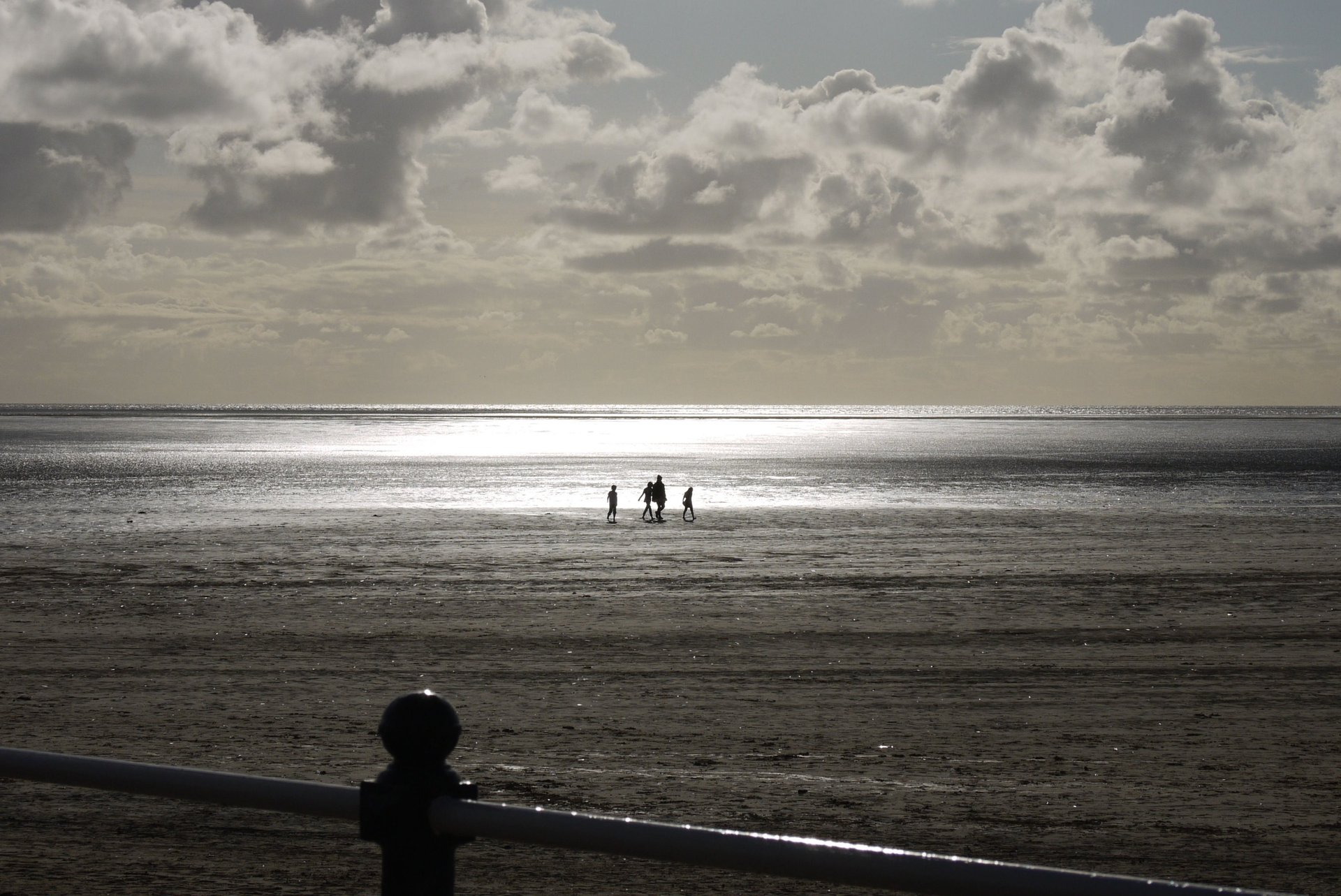
Status, belonging and being comfortable in your own skin
The “where are you in relation to me on the totem pole” question can be asked in so many ways.
3/3/20258 min read


How would we set about doing it?


The “where are you in relation to me on the totem pole” question can be asked in so many ways.
This came up when the husband of a teaching assistant friend of mine, needed to borrow her old kid-transporter banger of a car and she turned up at school in his high-end Jaguar. Other members of staff wanted to know who had come in the fabulous car and when they found it was her husband’s they wanted to know what he did for a living. It was the mention that he lectured at the University in his capacity as a consulting engineer that her status seemed to go up in their eyes. Had she arrived in school riding a rusting old bicycle and explained that he was on basic wage and worked as a cleaner but hoped to get taken on emptying the bins……
In either case, she would have been the same competent, caring teaching assistant and yet with the revelation of her being married to a Uni Lecturer or an aspiring bin-man her status would be changed.
I once got to know a woman who was abandoned at thirteen years old to live with two old ladies in Oxford – because her father thought this would be better for her education. He may have been right in his judgement because she eventually became a high-end accountant who could charge massive fees by the hour. She was miserable and the threat of abandonment was a legacy she laboured under for most of her life. The bit of her tale that fascinated me was her father’s success at becoming a professor in the North East, at what I considered a prestigious University, was seen by him as a failure to become a professor at Oxford. She suffered from this chip on his shoulder all her life – she never felt quite good enough – no matter where she was on the totem pole, she wasn’t at the top in her and her father’s judgement.
In his diaries Alan Clark, one of Mrs Thatcher’s ministers, tells a tale of staying for a few days in a very exclusive hotel, when they were motoring down to the south of France. He kept noticing a little scruffy chap wandering around the place, presumed he was one of the maintenance chaps and thought that he should be a little less conspicuous. It was only when someone he was talking to nodded towards the maintenance chap and said, “I see Gianni Agnelli’s family are all here,” that Alan realised his mistake in not recognising a chap who pretty much owned Fiat and was as rich as Croesus.
I have this fantasy about the Duke of Norfolk – btw, I’ve never met the gent, but it’s of him in old corduroy trousers with belt and braces and an old soft shirt helping some of the guys on the estate, struggling to get a heifer out of a muddy ditch. Anyone driving past wouldn’t know which of the guys covered in mud and whatever was the Duke. Showered and dressed in clean corduroys and a favourite soft-shirt you still wouldn’t know. Yet no matter how covered in the brown stuff, he’s never not the Duke of Norfolk. The title doesn’t protect him from the range of worries that beset us all, but I guess he’s never worried too much about status.
I once read that an individual’s status in a Monkey troop will have a bearing on the health of that individual and that banishment from the group can be a death sentence. Whoever gets to groom the head female in the group, looking for fleas has high status, and she, in turn, will have someone groom her and look for her fleas and so on – in this way the whole group arranges both belonging and status.
I’m fascinated by what a friend of mine’s daughter posts on Facebook. My son would call much of it “humble-bragging.” Where she may complain in her post, “We’ll have to be up before dawn to get Alastair to St Cuthbert’s (prestigious school) next term.” Then Alistair’s mother will unconsciously count the number of replies along the lines of, “Oh, poor you – but hasn’t he done well, so it’s all worth it.” She, in her turn will respond in a similar fashion to similar posts from the other members of her circle. e.g. “Just had to post his pic of Lottie’s mangled hair after her session at the gala.” Eliciting, “Oh, she looks fab – always does. And I believe she won the cup again for swimmer of the year.”
You have to worry about the status anxiety of the mother of the monosyllabic, not very bright lumpen kid who can’t stand sports day. She hasn’t much to offer in the friendship stakes and you wonder to what extent her anxiety would carry over to her child.
I had this idea that your place on the totem pole was by and large allotted to you when you are quite small, that you adjust to it and that’s it – you’re sort of stuck with it. That was until I met Dave who was “nice”. He was inoffensive slightly overweight and worked fulltime in a retail store. He wasn’t happy or satisfied with his life and suffered from anxiety. This anxiety wasn’t specific to any particular situation but seemed to be present as a sort of background hum. He’d been bullied at junior school but by senior school he had a few mates and was generally left alone. He didn’t enjoy sports and academically he was sort of average. At work he got on well with all his colleagues and his manager liked him.
The totem pole metaphor came to mind when he described how he managed how he presented himself at work. He was always available to help any of his colleagues or customers and was always tuned in to how he was coming across. And yet a simple task such as a request to clean a couple of glass shelves prior to them being restocked with a new display, could be freighted with risk. Clean how? Should he find a duster and just give them a once over? Get the glass cleaner from the janitor’s locker? Perhaps go for soap and water? Picking one option and that could be the wrong option. And then what would the manager think of him? Asking for a steer may expose him as, well, being a bit thick. Getting it wrong may move him down the store’s totem pole.
Was there the possibility of career advancement? Well, there was but he’d never aspired to be a manager or team leader. In fact, he said that he didn’t handle praise very well. He would find something self-deprecating to say in response to praise. And if the praise was in a team meeting, he would say something or ask a question that would cause the group to laugh – often at his expense. In this way he ensured that he didn’t ascend the totem pole.
Up until this conversation with Dave, I’d never considered that someone’s place on the totem pole could be a sort of curated endeavour. Dave was going for what he would consider, the Goldilocks position – not too high, not too low but just right – at least in theory. In practice it left him feeling perpetually at risk and anxious.
I knew a woman who, at University, had a stall, with a friend, on Nottingham market, selling trendy clothes they’d bought at charity shops and jumble sales and I wanted my boys to dress from such stalls when they got to Uni. Not a bit of it. On bringing home a bargain jumper from the closing down sale at the local Co-op, I chucked it at my son, saying proudly; “Look what I’ve found” he looked at the jumper, and then looked at his mum.
She said, “Tell ’im.”
“Mmm…it’s just not me dad.” Whilst it didn’t say “Fruit of the Co-op” it just didn’t have the right logo woven on the front. I wore it for years till it went an off shade of grey.
I’ve wondered for a long time just at what stage/age children become aware of the totem pole and the importance of measuring just where you’re on it, in relation to those around you. Not just that but what effect an individual child’s perception of their status would have, if any, on their academic performance.
My impression is that it kicks in around age seven or eight. Little children whilst registering difference, be it disability, wealth/poverty or race, don’t “rate” that difference. I like to believe that things have changed somewhat since the olden days when I was at school. By year four we were doing the, “ Egh! You’ve got Raferty’s bugs” as you wiped your hand, after touching Raferty, on the other boy’s arm.” The “Raferty’s” of this world were always poor. Sometimes they smelt poor and their clothes were poor. They could be of either sex – but I don’t ever recall any girls doing the bug-wiping lark. I can picture these victims clearly. And I’d like to say that I didn’t join in and that I put a stop to it – I’d like to, but I can’t. I was just so glad it wasn’t me.
There’s a sort of magic dust to this status business in school.
Like concentric rings, on which, by year six, a teacher could pretty accurately, plot the children in the class as “inners” and “outers,”.




It would be interesting to measure whether this status, once attained, is maintained in subsequent years.
Who becomes a star, who gets to associate themselves with the stars and what happens when a new player joins the team, is all important.
To what extent do teachers reflect and reinforce the hierarchy of the totem-pole? Which children get the plum tasks, and which get the crappy ones?
I suspect that in a large school something similar could be done in arranging the staff on this grid. You might assume the head teacher would be at the centre and I suppose in a well-ordered school they would be. But what if there is the official hierarchy - and an unofficial one?
Whose fleas you elect to pick, as a new teacher, may determine your whole career.
When I read political diaries and listen to politicians reminiscing of their time in politics, who is in and who is out, who is the rising star and who is on the wane seems to take up an inordinate amount of concern. Perhaps in this case a greasy totem pole.
We are all read the ugly duckling story when we’re children and my guess is that all the adults assume that the children get the metaphor – I never got the metaphor till I was an adult. (That’s praps a bit too much self-disclosure). For me it was just about ducks and swans – and I couldn’t grasp that all ducks didn’t become swans.
If we had an ambition in a school to turn this:
Into this: